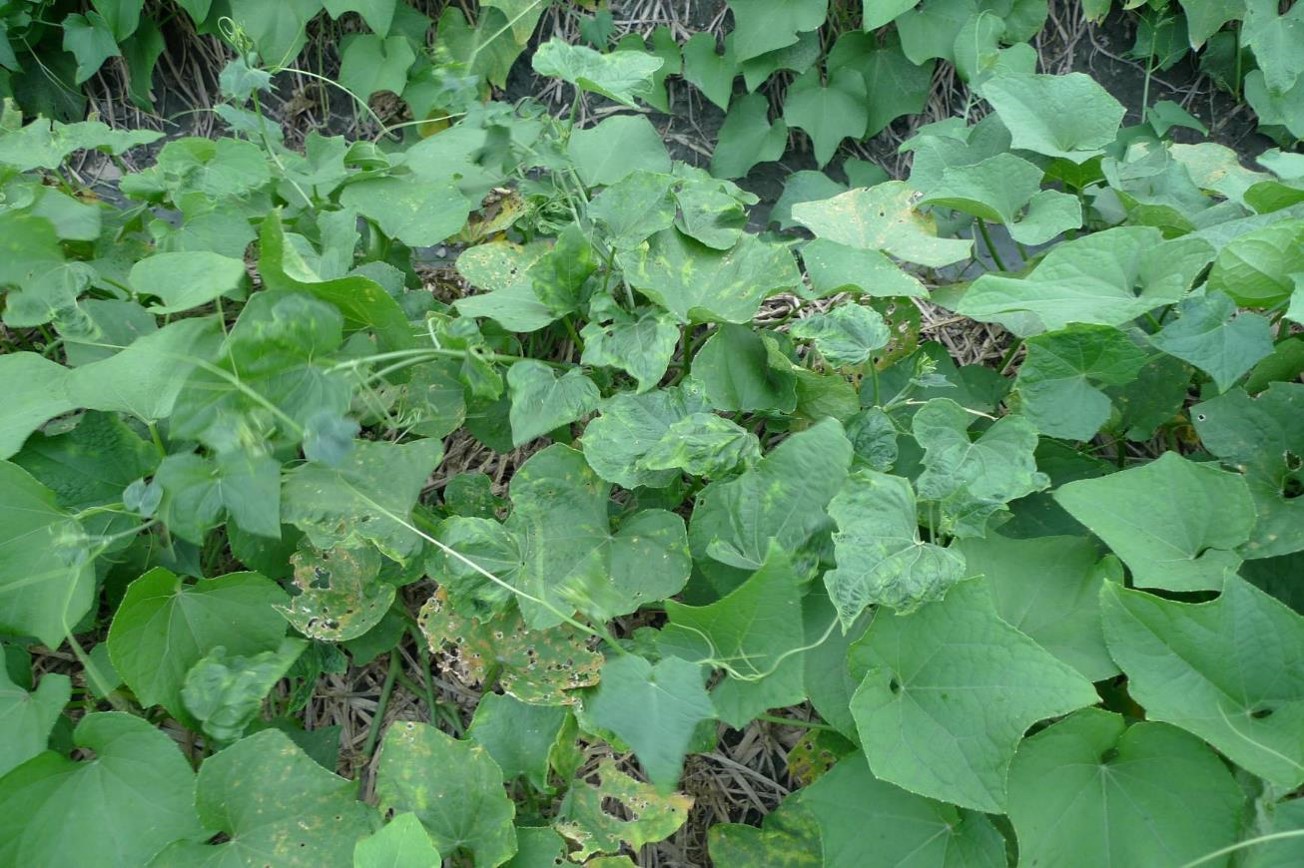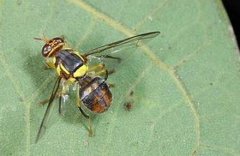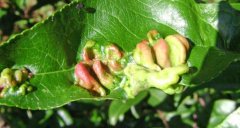Due to the occurrence of diseases caused by temperature and continuous rainfall, how to control the spread of vine blight and virus diseases in farmland
Recently, the temperature is getting higher and higher, coupled with continuous rainfall, and the weather is unstable. The agricultural improvement farm in Hualien County has found that "vine blight" and "virus disease" have gradually spread in Longxu vegetable fields in Ji'an District, Hualien County. It is suggested that farmers should take prevention and control measures as soon as possible so as not to affect the follow-up yield.
According to the statistics of the Council of Agriculture, in 106, the planting area of asparagus reached 361.27 hectares, of which 184.27 hectares were planted in Hualien County, and the producing areas were concentrated in Ji'an Township.
How to prevent vine blight? Hualien Farm recommends this.
If asparagus is infected by vine blight, it may even lead to plant wilt and death. Generally, vine blight begins to occur from mid-late April to early May, especially in continuous cropping fields, where planting is too dense, poor ventilation, excessive nitrogen fertilizer and so on. The disease is more serious. Vine blight can be spread by airflow, wind and rain splash or irrigation water, and the pathogen can remain in the remains of diseased plants and soil, becoming a source of persistent infection.
Hualien Farm suggests that vine blight can be spread by seedlings, and that the use of healthy melons is the primary task to reduce the disease. Farmers should pull out diseased plants and do not abandon them in the field. Continuous cropping of the same crop will lead to the gradual accumulation of pathogenic bacteria. Farmers can take 3-5 years of rotation with different crops or fallow, especially with paddy fields to reduce the incidence of diseases.
As for whether to use chemical control? Tsai Yizhen, an assistant researcher at Hualien Farm, said that because the plants are stronger, local farmers are less likely to spray fungicides. If you need to apply pesticides, you can check with the plant protection information system, and you should be careful not to cause injuries and excessive pesticide residues.
Hualien Farm also suggests that after rain, it is easy for snails to hide and eat bergamot plants, and the wounds caused may also increase the number of diseases. It is suggested that farmers should timely apply medicine or materials to control snails; do not apply too much nitrogen fertilizer so as not to aggravate the disease; organic farmers can use microbial agents and phosphorous acid and other non-pesticide materials for control to reduce the problem of diseases and insect pests.
There is no recommended drug for viral disease. It is suggested that the diseased strain should be removed.
As for the virus disease, which causes uneven yellow-green leaves and leaf curls, which affects the yield of young shoots, Tsai Yizhen points out that at present, there is no recommended drug to prevent and cure the virus disease, and farmers are advised to pull out the diseased plants as far as possible to avoid leaving the source of infection in the field. Virus disease can be transmitted through silver leaf whitefly. Farmers can apply pesticides to control whitefly and do a good job in field management to reduce the incidence of disease in the field. If farmers have questions about the prevention and control of asparagus vine blight and virus disease, you can contact Hualien District Agricultural improvement Farm or make good use of online diagnosis.

- Prev

Fruit fly control methods, fruit fly trapping, garden cleaning and biological control to reduce the harm.
As the temperature rises in summer, oriental fruit flies are also ready to move, not only the people's favorite mango, guava is easy to suffer, often used for warm jujube, but also the favorite food for fruit fly larvae. Miaoli District Agricultural improvement Farm reminds that red jujube is not like ordinary.
- Next

How are peach scab and leaf curl treated? Brown rot and bacterial canker disease symptoms and treatment
There are many kinds of fruit trees, but there are many common fruit diseases, many of which can be found. The best thing you can do to prevent fruit tree disease is to prune the trees to allow sunlight and air to pass through the branches, as disease tends to occur in dark, wet conditions.
Related
- A course of planting techniques and methods on how to grow carrots
- How to plant the latest tulips?
- Is it better to pick tea in the morning or in the afternoon? When is the best time for tea to be picked? what is the third or fifth tea?
- Launch Yuanxiao Happy combination Haocha + Tea Yuan healthy Taste
- Penghu Tourism "Fireworks 20 Parade with You"
- 2022 West Lake Happiness holds "Digital Revitalization Voucher" and draws iphone13 and laptop.
- Banqiao Fuzhou social houses are designed to change start-up combined with police elimination to create a safe and livable environment
- The convenient measure of "mechanical weeding" in Xinbei has been abused and the Agriculture Bureau has imposed heavy penalties on the illegal land consolidation.
- Changgeng University Joins Hands with Four Memory Factories to Rescue Memory Talent Shortage
- The list of Taiwan's top 100 MVP managers is listed by the Director-General of the Farmers' Association of Sanxia District.

